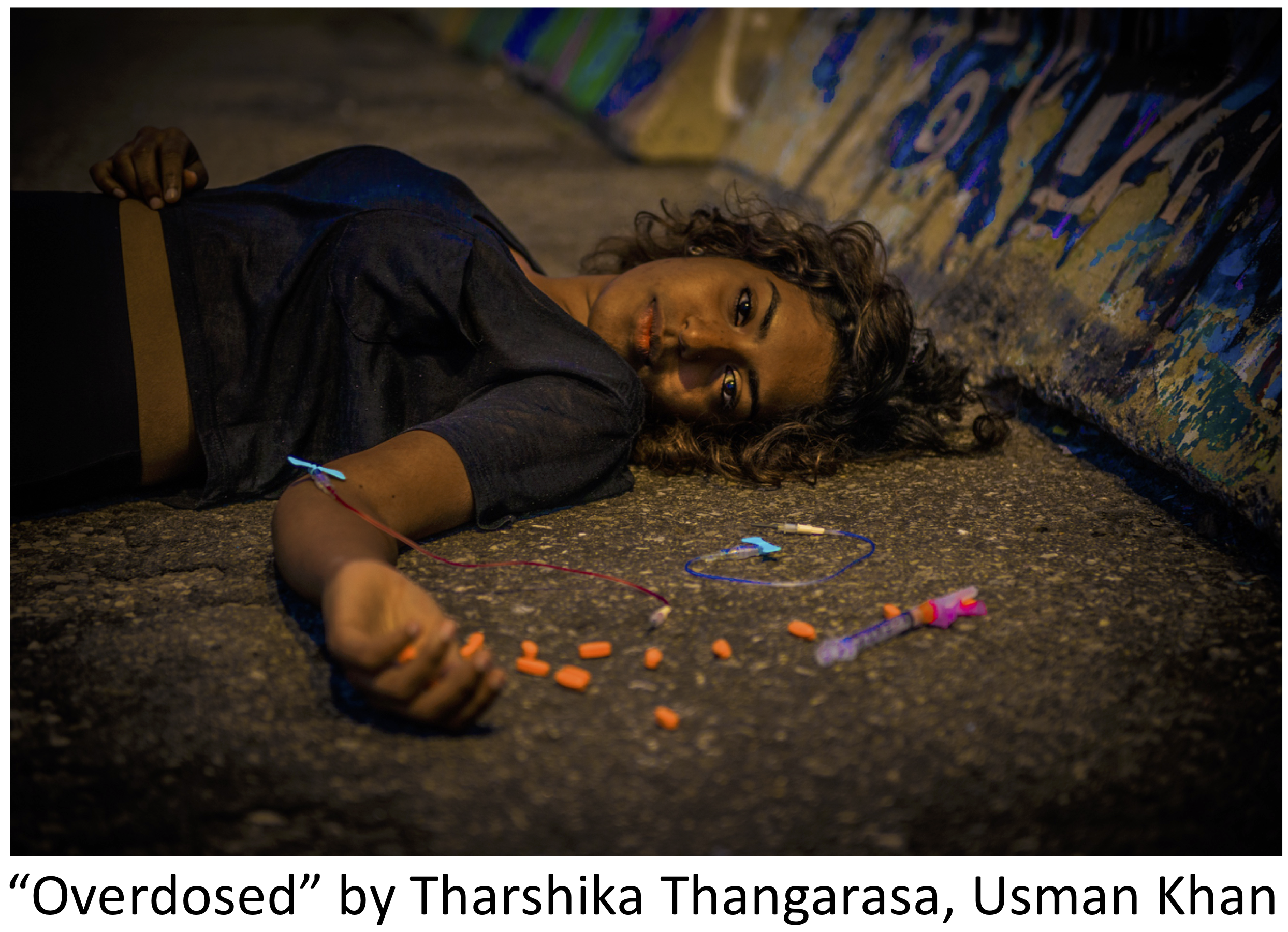Duoethnography as a dialogic and collaborative form of curriculum inquiry for resident professionalism and self-care education
DOI :
https://doi.org/10.36834/cmej.42981Mots-clés :
CanMEDs, professional competency, self-care, medical / resident education, duoethnography, pedagogical modelRésumé
Medical residency is an important time in the development of physician professionalism, as residents’ identities and medical responsibilities shift from student-learners to practitioner-leaders. During this transition time, many residents struggle with stress due to the unique pressures of their post-graduate training. This, in turn, can potentially hinder successful professional identity development. In response, the Royal College of Physicians and Surgeons of Canada (RCPSC) has incorporated physician health into its CanMEDS professional competency framework.Although this framework identifies enabling self-care professional competencies (e.g., capacity for self-regulation and resilience for sustainable practice), it does not specify the types of educational strategies best suited to teach and assess these competencies. To support the prevention and rehabilitation of resident health issues, residency training programs are faced with the complex challenge of developing socially accountable curricula that successfully foster self-care competencies. Duoethnography, a dialogic and collaborative form of curriculum inquiry, is presented as a pedagogical model for resident professionalism and self-care education. Merits of duoethnography centers on its: 1) capability to foster self-reflexive and transformative learning; 2) versatility to accommodate learner diversity; and 3) adaptability for use in different social, situational, and ethical contexts.
Téléchargements
Fichiers supplémentaires
Publié
Numéro
Rubrique
Licence
La soumission d’un manuscrit original à la revue constitue une indication qu’il s’agit d’un travail original, qu’il n’a jamais été publié et qu’il n’est pas envisagé pour publication dans une autre revue. S’il est accepté, il sera publié en ligne et ne pourra l’être ailleurs sous la même forme, à des fins commerciales, dans quelque langue que ce soit, sans l’accord de l’éditeur.
La publication d’une recherche scientifique a pour but la diffusion de connaissances et, sous un régime sans but lucratif, ne profite financièrement ni à l’éditeur ni à l’auteur.
Les auteurs qui publient dans la Revue canadienne d’éducation médicale acceptent de publier leurs articles sous la licence Creative Commons Paternité - Pas d’utilisation commerciale, Pas de modification 4.0 Canada. Cette licence permet à quiconque de télécharger et de partager l’article à des fins non commerciales, à condition d’en attribuer le crédit aux auteurs. Pour plus de détails sur les droits que les auteurs accordent aux utilisateurs de leur travail, veuillez consulter le résumé de la licence et la licence complète.











